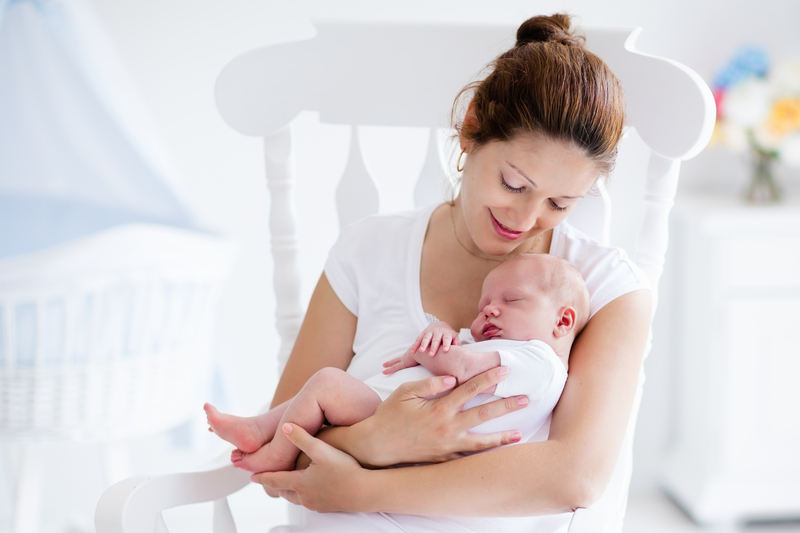Post-pregnancy care tends to fly under the cultural radar surrounding pregnancy and childbirth. In all of the excitement over knowing that you will soon grow your family, and with all of the stories from family and friends about childbirth, what happens after is easily skipped over until you’re ready to leave whenever you’ve chosen to give birth.
The newborn baby receives so much attention that new moms are likely to forget that they will need care, attention and rest as well. The postpartum period is an exciting but often overwhelming time, so don’t forget about yourself or your partner.
What to expect after delivery:
Going to the bathroom may become a “thing.”
Urinary tract infections (UTIs) are common post-delivery, so if you feel any burning while you urinate or if you feel you have to urinate constantly but cannot, then you may have a UTI and will need to contact your provider. Women are also prone to leaking urine when coughing, sneezing or even laughing in the time after childbirth because the muscles in the bladder can be stretched while giving birth. Physicians typically recommend that women wear sanitary pads and practice Kegel exercises to resolve this issue.
Hemorrhoids may become a part of your life for a time.
Fortunately, although unpleasant, hemorrhoids are treatable with at-home techniques. These same stretched out muscles that can cause women to leak urine are also responsible for hemorrhoids, as well as uncomfortable bowel movements. Topical medication is easily available, but many physicians also recommend a high fiber diet in order to keep stools soft and make bowel movements easier during this time.
Soreness and discharge are probably going to occur.
Many women experience bloody discharge in the first few days after giving birth vaginally. This is normal and should taper off into a yellow or white discharge within a few days and then end altogether. If your discharge is very heavy, has a bad odor, or if you have a fever, please contact your PGOMG provider immediately. Many women will also feel quite sore, especially if you experienced tearing during delivery. This pain may take a few weeks to heal fully, but women often find sitting on a padded surface or taking over-the-counter pain relievers helpful. Another option if you feel pain during urination or a bowel movement is to use a squirt bottle to spray warm water on the area.
Hormone surges – still going.
Women are used to hearing that they’ll have hormonal bursts during pregnancy, and these feelings can continue into the postpartum period. The weeks and months following the birth of your baby is a very emotional time, with a lot of adjusting and learning, but it is also the time when women are most likely to have postpartum depression. Postpartum depression is a serious but entirely treatable condition. Your provider can help diagnose your symptoms.


